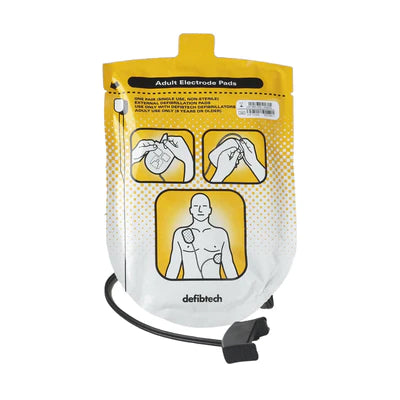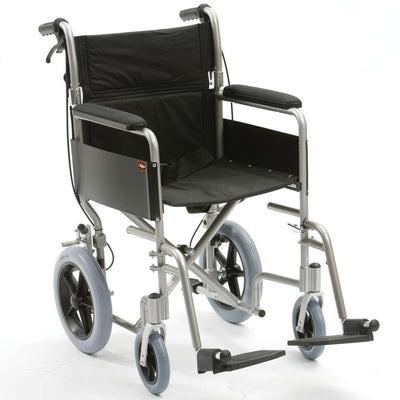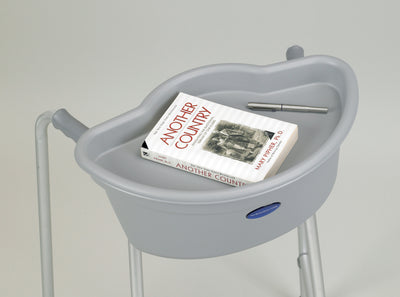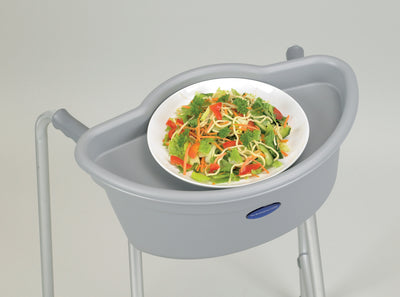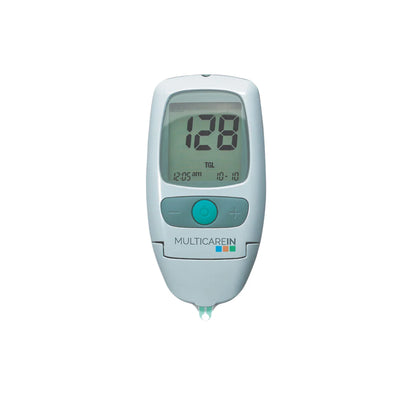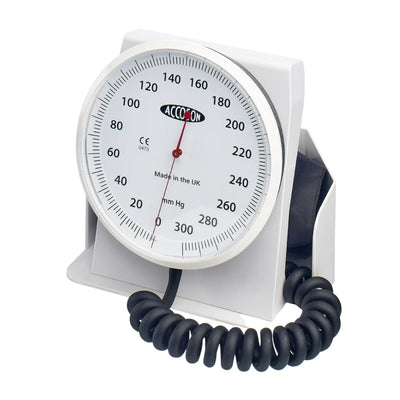Ageing is a part of life. But as we get older, we often feel more stressed. Research tells us that the older we get, the more our bodies make stress hormones. This can lead to feeling anxious more often.
But there's another twist. Too much stress can make our memory weaker and affect how our brain works. Simply put, if we're constantly stressed, it's harder to remember things, and we might feel more nervous or worried.
The good news? We age slowly over many years. So, we have time to fight this! There are many simple ways to reduce our stress. By doing so, we can keep our brains sharper for longer and enjoy our later years feeling more relaxed and happy.
Read on to find out how we can combat stress as we age.
Cognitive Training/Brain Workouts
Think of your brain like a muscle. Just like our arms and legs, our brain needs exercise too. And guess what? There are fun ways to do this!
Have you ever tried puzzles like crosswords or Sudoku? Or maybe number games on the internet? These aren't just fun activities. They're like mini-workouts for your brain. When you play these games, you help your brain become stronger. It's like taking your brain to the gym!
The best part is, you don't need to spend hours on it. Just play for 5 minutes every day. Turn it into a fun daily routine.
The more you play, the better you get. Over time, you'll notice you can think faster, make decisions more easily, and even recall memories quicker. Plus, it's a fantastic way to beat boredom and stress.
Incorporate these little brain-boosting games into your routine. Maybe during a coffee break or right before bed. As days turn into weeks and weeks into months, you'll find not just a more agile mind but also a new enjoyable hobby. Dive in and let your brain shine!
Feeding Your Body & Mind
There are many studies that show how healthy eating can have a profound positive impact on stress levels. These simple guidelines can help you achieve a stress free lifestyle:
- Balanced Blood Sugar Levels - Foods rich in fibre and low in processed sugars can help maintain stable blood sugar levels. Stable blood sugar helps prevent mood swings and energy crashes, which can trigger stress and irritability.
- Boosted Brain Function - Omega-3 fatty acids, found in fish and flaxseeds, support cognitive function and can help alleviate symptoms of anxiety.
- Improved Gut Health - A significant amount of our serotonin (the "feel good" neurotransmitter) is produced in the gut. Probiotic-rich foods, like yogurt and fermented vegetables, support a healthy gut microbiome, potentially leading to improved mood and reduced stress.
- Elevated Mood -Tryptophan, an amino acid found in foods like turkey, nuts, and cheese, is a precursor to serotonin. Consuming tryptophan-rich foods can aid in the production of serotonin, improving mood and reducing stress.
- Reduction in Inflammation - Anti-inflammatory foods like berries, olive oil, and green tea can combat inflammation in the body. Chronic inflammation has been linked to higher levels of stress and mood disorders.
- Increased Energy - Foods high in vitamins, especially B-vitamins like whole grains and beans, help in energy production. Feeling energetic and alert can better equip you to handle stressors throughout the day.
- Natural Relaxation - Some foods, like chamomile tea or dark chocolate (in moderation), can have a naturally calming effect on the body and mind, helping in immediate stress reduction.
- Reduced Cravings - When we eat balanced meals, our bodies are satiated and nourished, reducing the urge to reach for sugary, fatty comfort foods that can lead to a temporary high followed by a crash in mood and energy.
There are a lot of ways to benefit from a stress free diet. It might seem overwhelming! But if you stick to the basics that will greatly improve your stress free lifestyle.
Breathing Techniques are more than just Inhaling and Exhaling
When we think about stress relief we usually think about breathing techniques. Even though breathing might seem instinctual, there's an art to using breath for relaxation. Gentle breathing techniques are not only easy to practice but also a quick fix for those unexpected moments of tension. The best part is you can do it anywhere.
Imagine you're in the middle of a hectic day, and out of nowhere,the stress starts building up. Maybe it's from a looming deadline or you found yourself in an overwhelming situation. But instead of letting the stress snowball, you have a powerful tool right under your nose - literally!
Here's How It Works:
- Pause. Before anything, find a quiet spot (it could be your office, a park bench, or even in your car).
- Position. Sit comfortably with a straight back. Place one hand on your chest and the other on your stomach. This will help you be more aware of your breathing.
- The Breathing Process. Begin by inhaling deeply and slowly through your nose, counting to 5. Feel your lungs expand and your belly rise. Hold that breath for a count of 2, allowing your body to absorb the oxygen. Now, exhale slowly through your mouth for a count of 10, making a quiet whooshing sound. As you do this, imagine the day's stresses leaving your body with that breath.
- Repeat. Go through this process a few times, and you'll likely start to feel calmness replace the stress.
Daily Practice Makes Perfect:
By dedicating just a few minutes each day to practice this technique, you're not only preparing yourself for future stress but may also be reducing the chances of those anxious moments arising to begin with.
Consider this breathing exercise as a mini-break for your mind. It's a way to center yourself amidst the chaos of everyday life. And the best part? It's free, requires no equipment, and can be done anywhere! So, the next time you feel that familiar knot of stress tightening in your chest, just follow our 4 steps.
Rethinking Stress & The Power of Perspective
Our minds are incredibly powerful, shaping how we interpret and react to the world around us. However, sometimes we can get stuck in negative thought patterns, which can make challenging situations feel even harder. This is where the transformative approach of cognitive restructuring comes into play.
What is Cognitive Restructuring?
Simply put, cognitive restructuring is about shifting the way you think. Think of it as mental gymnastics—flexing and stretching your mind to view situations from various perspectives. By actively seeking alternative viewpoints, you might just stumble upon a more positive or constructive way of seeing things, leading to reduced stress and anxiety.
For example, missing a deadline at work could feel catastrophic. But by restructuring your thoughts, you might see it as a learning experience that helps improve your time management skills for future projects.
Why is it Useful as We Age?
As we get older, we encounter different types of stressors—from health issues to changes in our social environment. The production of stress hormones also changes, which can amplify our feelings of anxiety.
When to ask for help
While many can practice cognitive restructuring on their own, it's essential to know that there's no harm in seeking external support. If you find that stress and anxiety are overwhelming, a therapist or counselor specializing in Cognitive Therapy can be a beacon of support. They can guide you through the process, provide tailored strategies, and offer a safe space for you to explore and challenge your thoughts.
Conclusion
Our thoughts have a profound impact on our well-being. As we journey through life, ageing and stress often walk hand in hand and the challenges of growing older can intensify our stress levels. It's crucial to remember that how we respond can make all the difference. By embracing positive habits, like healthy eating, cognitive restructuring, and breathing techniques, we can better manage our stress and even reduce its impact.


